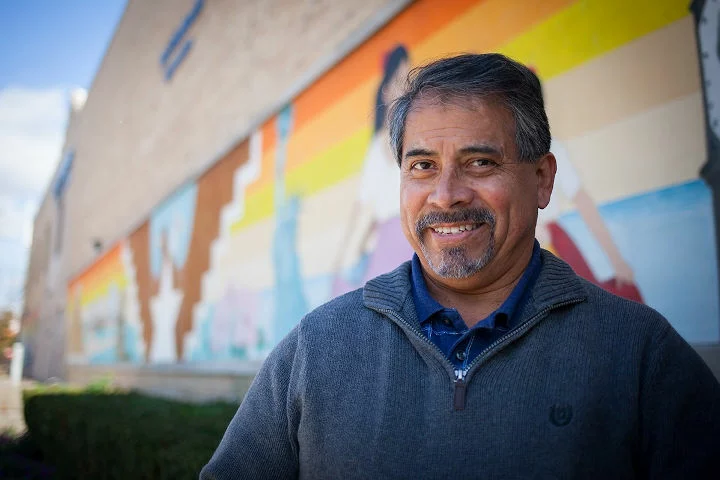“Partnerships are key to success of this project,” says Al Castro, MS, CSW, UCC Health Research Program Director, and project lead. “We are reaching across county lines, agencies, and programs to remove barriers and create solutions to better serve Wisconsin’s aging Latino population.”
The initiative addresses the need for focused and timely interventions that have the potential to increase the quality of life and decrease caregiver burnout of older Latino adults and their caregivers.
Latinos are about 1.5 times more likely than whites to have Alzheimer’s disease, yet they experience many obstacles to care, including language and literacy barriers, transportation, economic limitations, and socio-cultural stigmas.
By providing virtual health services and a mobile memory clinic, this initiative will reduce the geographic, language, and cultural obstacles, making it easier for patients and families to obtain the care and support they need.
The grant team has also developed a virtual family caregiver program system for Spanish-speaking Latino caregivers to increase their knowledge and abilities to provide care to their family members with dementia. The program walks through the importance of self-care for caregivers, and provides education on mindfulness, breathing techniques, and the importance of seeking support.
The new virtual and mobile approaches implemented during this five-year initiative have the potential to be embedded into future program operations and could inform a new system for earlier detection of Alzheimer’s disease and dementia, and improve virtual serves for Latino family caregivers.

